80 Ukrainian lawyers improve their qualification in Strasbourg
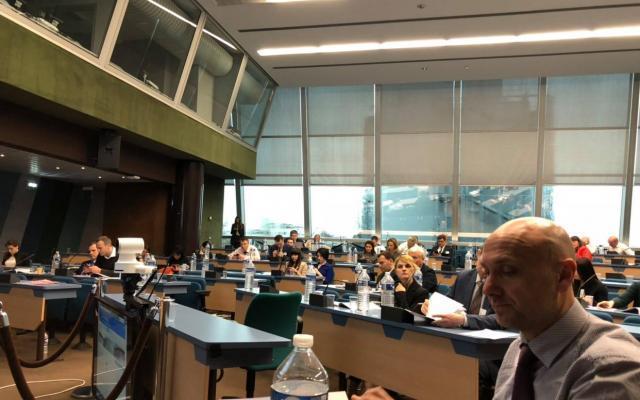
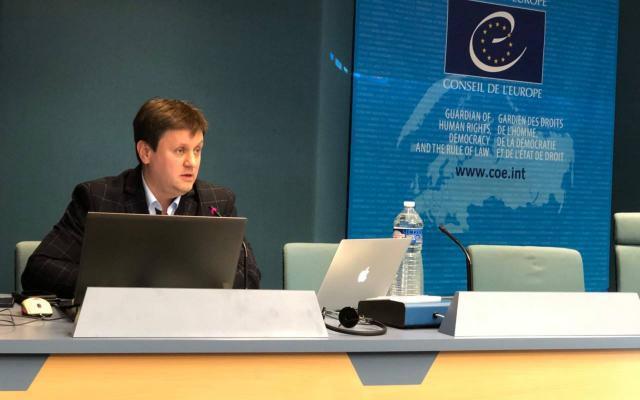
Centre Européen de Coopération Juridique (CECJ), in cooperation with the Council of Europe, holds a seminar on "Successful application to the European Court of Human Rights: from theory to practice" for lawyers from the leading country "leaders" in the number of complaints to the ECtHR
The event, accredited by the National Bar Association of Ukraine, is held in Strasbourg, France, on April 9-13, 2018. More than 80 lawyers from all over Ukraine take part in it.
Lecturers are judges and lawyers of the European Court of Human Rights, as well as invited experts. Among them – the Chairman of the High Qualifications and Disciplinary Commission of Advocacy, the first vice-rector of the Higher School of Advocacy Oleksandr Drozdov.
His speech was devoted to the urgent issues of the application of Article 6 of the European Convention on Human Rights and Fundamental Freedoms by the European Court of Human Rights.
In particular, O. Drozdov drew attention to the fact that the rights stipulated in Art. 6 of the Convention must be effective in practice and in reality. Therefore, positive steps may be needed to ensure respect for this principle, which is often used by the European Court of Human Rights. Aspects of the application of the principle of the effectiveness of rights in practice and in reality chairman of the High Qualifications and Disciplinary Commission of Advocacy illustrated on the example of a number of cases considered by the ECtHR
Thus, in the case of Vamvakas v. Greece (2015), the Court of Appeal did not investigate the absence of an appointed lawyer in the cassation hearing. The ECtHR found that the cassation court had to investigate the reasons for the inexplicable absence of a lawyer, given that the circumstances allowed to assume that the lawyer was clearly not fulfilling his professional duties. The absence of any justification for the absence of a lawyer should have induced the court to postpone the hearing.
In the case of Daud v. Portugal, the ECtHR noted that "the independence of the legal profession from the state implies that the lawyer's behavior is essentially the subject of an agreement between the accused and his lawyer, regardless of whether the lawyer was appointed as a legal aid system or was hired privately ... in accordance with Art. 6 § 3 (c). The competent national authorities are obliged to intervene only if the improper performance by the appointed lawyer of their duties related to ensuring effective representation is obvious or is brought to their notice by any other means.".
Case A.T. v. Luxembourg (2015) concerned the applicant's interrogation in the absence of a lawyer and the refusal to provide the lawyer with access to the case file before the first interrogation by the investigating judge. Taking into account the fact that national law does not provide for the presence of a lawyer at this stage, which means the automatic deprivation of the applicant's right to the lawyer's assitance, the ECtHR has established a violation.
The ECtHR distinguished the lawyer's access to the case file, on the one hand, and the contacts between the applicant and the lawyer, on the other hand. Thus, according to the ECtHR, if the national authorities consider that in a particular case for the interests of justice it will be better, if the accused is not be granted access to the materials of the case before being interrogated by an investigating judge, Art. 6 can not be used to require full access at this stage of consideration. At the same time, the ECtHR found that in Luxembourg persons facing the investigating judge were not able to speak confidentially with a lawyer prior to interrogation. In this case, the applicant's lawyer was appointed in the morning of the day on which the questioning was conducted and there is no conclusive evidence that the applicant had the opportunity to effectively communicate with the lawyer.
Also, in connection with the topic of the report, O. Drozdov had thoroughly examined the legal positions of the ECtHR in the cases of Boiets v. Ukraine, Mikhailov v. Ukraine, Dashtan v. Turkey, Matanovich v. Croatia, Ramanauskas v. Lithuania.
The program covers the study of key issues related to applying to the ECtHR, in particular: eligibility criteria; organization of work of the ECtHR on the example of Ukrainian cases; application of the legal positions of the ECtHR upon proving process in Ukrainian criminal and civil proceedings; the application of temporary measures by the ECtHR in matters related to expulsion or extradition.
The five-day course also involves taking part in a public hearing in court, practicing in hypothetical situations and a gaming trial.
Popular news
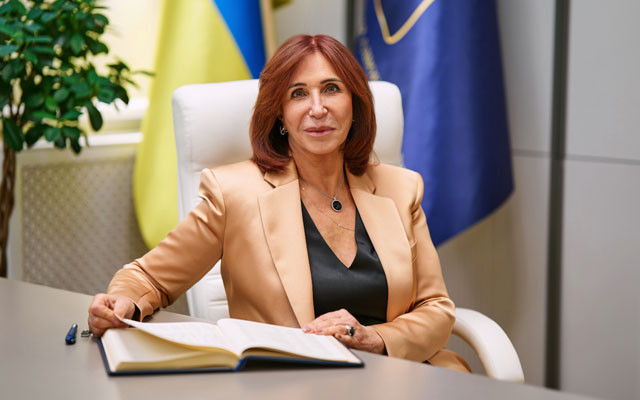
Advocacy
Another model should be introduced for the FLA system, - Lidiya Izovitova
Monitoring of the current state of functioning of the legal aid system shows the existence of significant and conceptual problems in the implementation of this assistance in Ukraine.
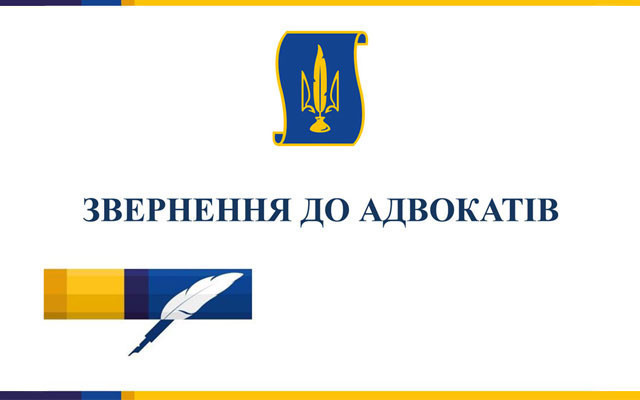
Advocacy
Violation of media guarantees of advocacy is being studied by the UNBA
An open appeal of the Ukrainian National Bar Association's Committee on Information Policy and Interaction with the Mass Media to the advocates.
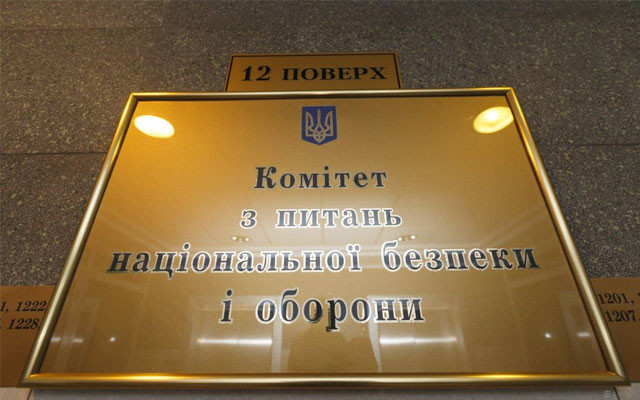
Advocacy
Lawyers are offered to be booked - amendments to draft law No. 10449
In their amendments to the draft law on strengthening mobilization, MPs propose to provide for the booking of lawyers. The goal is to prevent disruptions of court hearings.
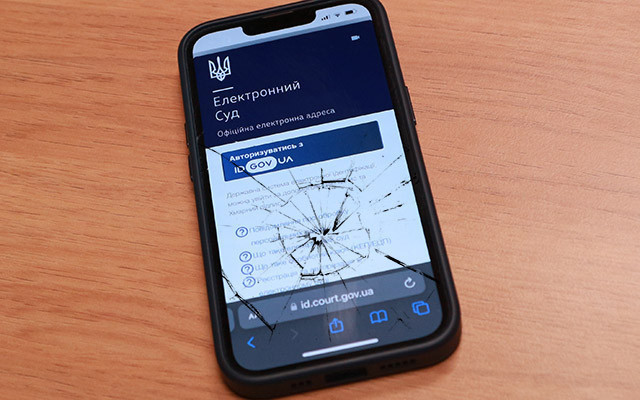
Advocacy
E-Court failures violate constitutional guarantees – UNBA
In recent days, the Ukrainian National Bar Association has received numerous reports from lawyers about technical failures in the operation of the Electronic Court subsystem. In particular, the complaints relate to the inability to log in to the electronic office, which restricts advocates in exercising their procedural rights, in particular, to submit documents and participate in court hearings in the videoconference mode.

Advocacy
Fixed fee: time of work is important for reimbursement of attorney's fees – SC
The procedure for calculating the hourly fee differs from the fixed fee, which does not take into account the actual time spent. However, in both cases, they are taken into account when deciding on the reimbursement of legal aid expenses.
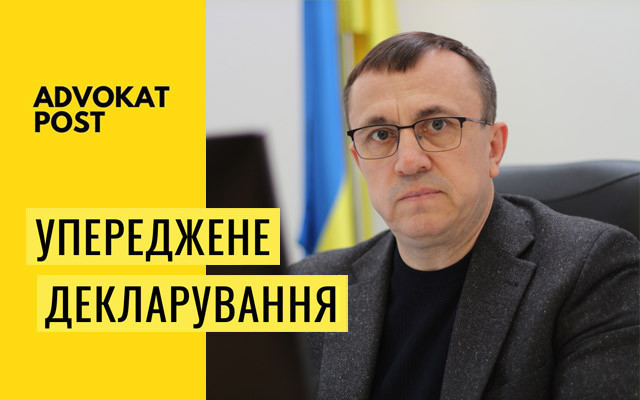
Advocacy
Attorneys' declarations: what does the changing position of the NAPC indicate?
When the Constitutional Court began to consider the case on the submission of declarations by representatives of the bar's disciplinary bodies, the National Agency for the Prevention of Corruption declared a constitutional crisis and threats to the entire declaration system. But earlier, officials had a completely different opinion on this issue.
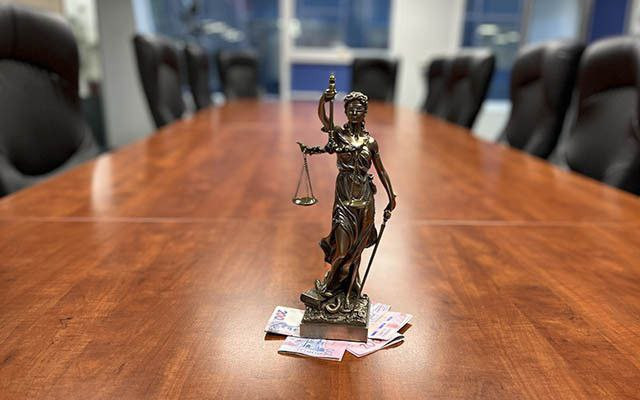
Advocacy
The price of a claim for minor disputes will be significantly reduced - draft law
The current amounts of the claim price (as a criterion for classifying a case as minor) are significantly higher than the subsistence minimum and minimum wage and do not correspond to the understanding of the case and the dispute in it as minor. Accordingly, they should be revised downward.
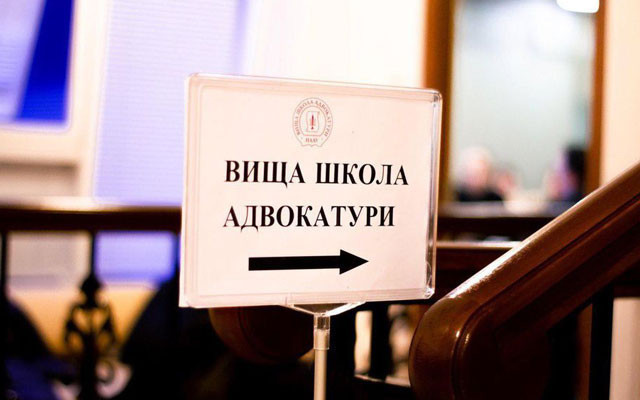
Advocacy
The BCU has removed controversial issues of training standards for young lawyers
The Procedure for the Continuing Legal Education of Advocates of Ukraine provides for special requirements for training in the first three years (after obtaining a certificate) of an advocate's practice. In practice, technical issues have arisen in the application of these requirements.
Publications

Ihor Kolesnykov A BRIEF SUMMARY REGARDING THE APPLICATION OF THE ORDER ON EXTENDED CONFISCATION IN LATVIA REGARDING FINANCIAL ASSETS OF…

Valentyn Gvozdiy WORKING IN A WAR ZONE

Lydia Izovitova Formula of perfection

Sergiy Vylkov Our judicial system is so built that courts do not trust advocates

Iryna Vasylyk Advocacy in the proclamation of Independence of Ukraine

Oleksandr DULSKY When we cross the border of the Supreme Anti-Corruption Court, we get into another department of the National Anti-Corruption…

Vadym Krasnyk The UNBA will work, and all obstacles and restrictions are only temporary inconveniences

Lydia Izovitova Interview with Lydia Izovitova on the occasion of the 8th anniversary of the founding of UNBA: We are the voice of t…
